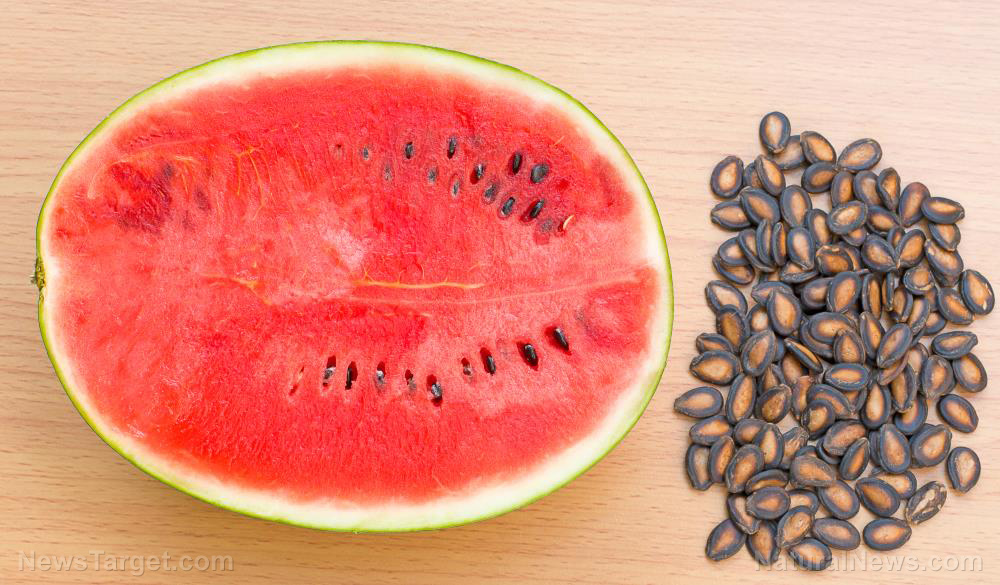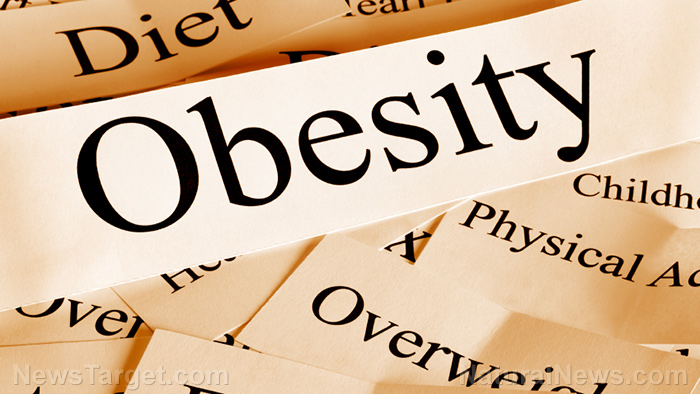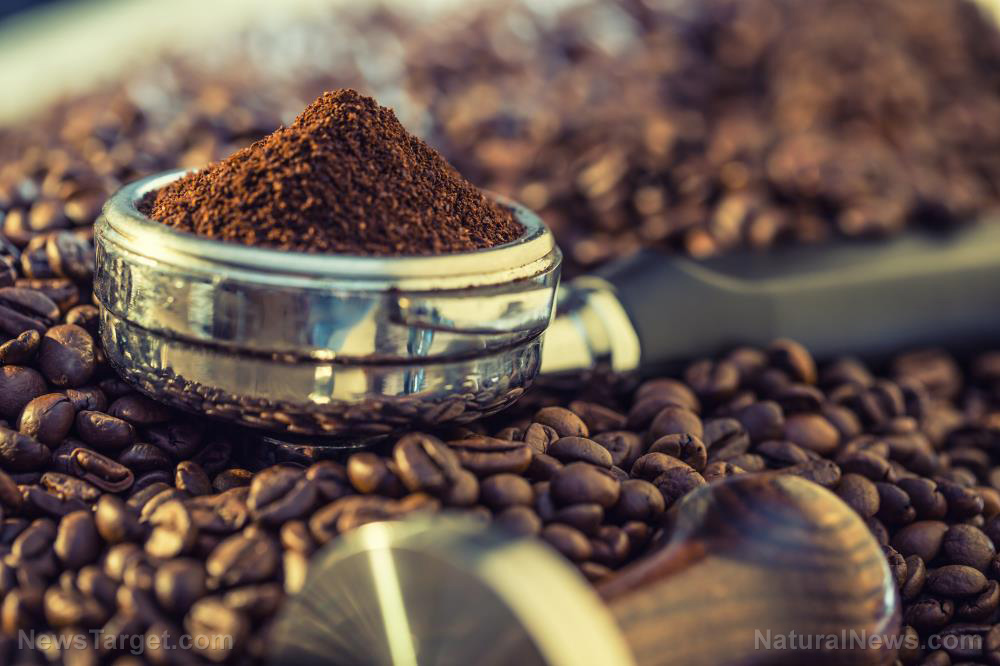Watermelon juice: A refreshing way to boost heart health and improve blood flow
05/08/2019 / By Edsel Cook

A cold glass of watermelon juice is not just great for beating summer-related health problems like dehydration, fatigue, and heatstroke — this refreshing fruit also supports the healthy functions of the heart, blood, kidneys, and cells to protect against more serious health disorders.
A glass of juice made from this summer fruit contains minute amounts of fat. It is bursting with vitamins A and C, is a good source of potassium and magnesium, and has some protein and natural fibers.
Vitamin C and magnesium speed up the recovery of depleted muscles and general fatigue. So not only can watermelon juice replenish the fluid levels in the body, it can also remove the soreness of muscles, further restoring the energy and strength of people who are feeling down because of the heat. (Related: Manage your underactive thyroid with these essential nutrients.)
A glass of watermelon juice is good for the heart and blood
The health benefits of watermelon and its juice can be divided into six categories: Heart health, blood pressure, blood flow, weight loss, kidney health, and antioxidant activity.
When it comes to supporting the heart, the pale rind of the fruit contains plenty of citrulline. This amino acid restores blood pressure to normal levels by reducing the tension in the arterial walls. Blood can travel more smoothly through relaxed arteries, allowing the heart to expend less energy in pumping blood through the body while still maintaining a healthy flow.
Furthermore, watermelon has high levels of vitamin C and beta-carotene that decrease the amount of cholesterol in the blood. The fruit also has lycopene and other phytochemicals, and their strong antioxidant activity helps fight heart disease.
Drinking watermelon juice provides the body with magnesium and potassium which ensure that the blood vessels stay healthy. These two nutrients maintain the right balance of acids and electrolytes, which stabilize blood pressure and blood flow. Potassium also assists in purging salts and toxins from the body by functioning as a diuretic.
Blood, muscles, and body weight benefit from the amino acids in watermelon
The citrulline in watermelon rind is turned into an essential amino acid called arginine. This amino acid helps regulate the flow of blood and the state of blood vessels.
The smooth movement of blood delivers more energy to actively working tissues and organs, which leads to a reduction of stress experienced by a person. Arginine also reduces the soreness in muscles that comes from bouts of strenuous physical activity.
In addition, animal tests showed that citrulline can stop fat from gathering inside the cells of animals, which can prevent excessive weight gain and obesity.
Watermelon juice itself has few calories but is quite filling. Drinking a glass before a meal can help curb the appetite, which in turn assists in reducing weight.
A natural detox that is bursting with healthy antioxidants
Drinking plenty of watermelon juice is a good way to detoxify the body. Not only does it remove ammonia and uric acid, it also unclogs the kidneys, which can reduce the chances of developing painful stones in the organ.
The seeds of the fruit are especially good at cleaning up the kidneys. So if you are going to get a watermelon for juicing, make sure to get a variant that retains its seeds.
Finally, the numerous antioxidants in watermelon work to eliminate free radicals in the body. By taking out those dangerous chemicals, antioxidants can prevent the onset of arthritis, asthma, cancer, stroke, and many other associated diseases.
Premature aging is also connected with the activity of free radicals. So a glass of antioxidant-rich watermelon juice could help restore the youthful look and smoothness of skin even as it cleanses your body.
Sources include:
Submit a correction >>
Tagged Under:
aging, Amino Acids, anti-aging, antioxidants, beta carotene, blood pressure, cardiovascular health, detox, fightobesity, food cures, food is medicine, Fresh, fruit juice, fruits, heart disease, heart health, juicing, kidney health, lycopene, phytonutrients, prevention, skin care, skin health, slender, vitamin C, watermelon, weight loss
This article may contain statements that reflect the opinion of the author
RECENT NEWS & ARTICLES
COPYRIGHT © 2017 FIGHTOBESITY.NEWS
All content posted on this site is protected under Free Speech. FightObesity.news is not responsible for content written by contributing authors. The information on this site is provided for educational and entertainment purposes only. It is not intended as a substitute for professional advice of any kind. FightObesity.news assumes no responsibility for the use or misuse of this material. All trademarks, registered trademarks and service marks mentioned on this site are the property of their respective owners.





















